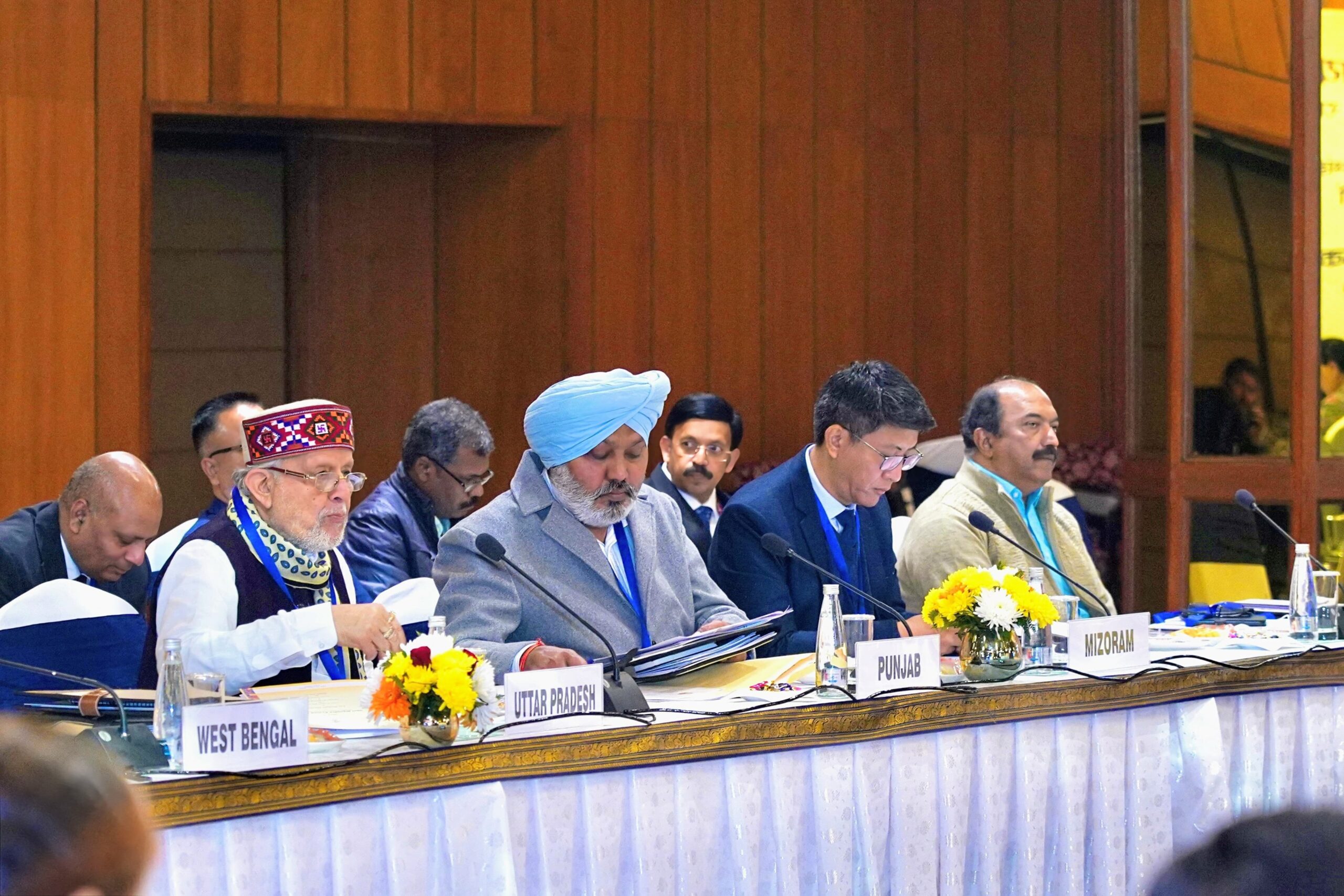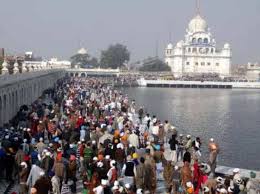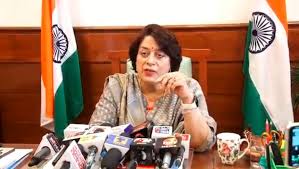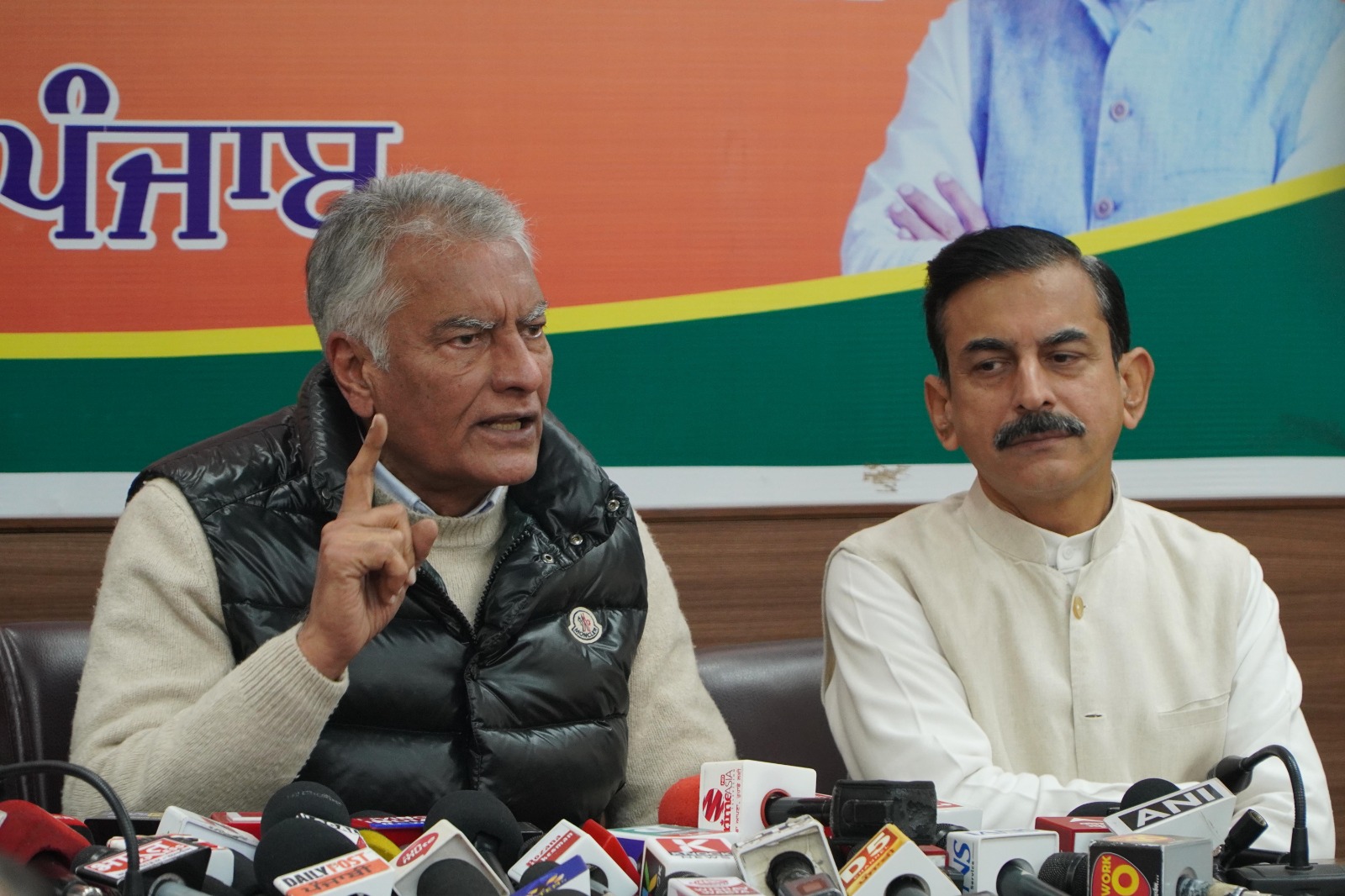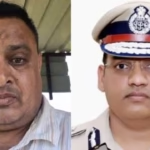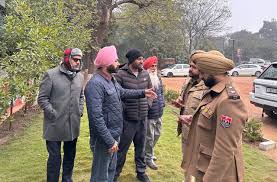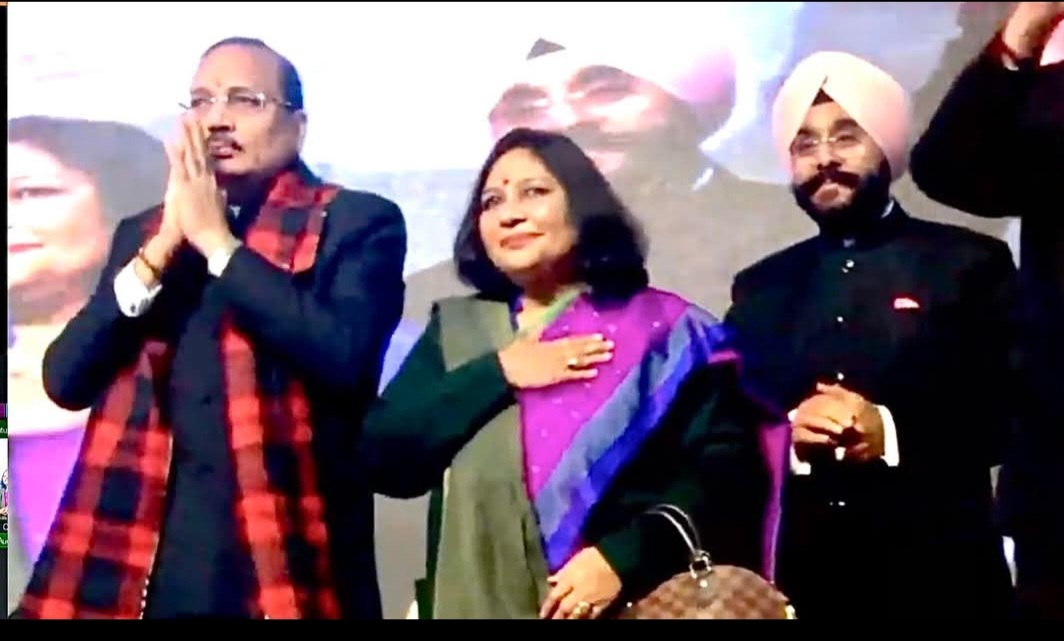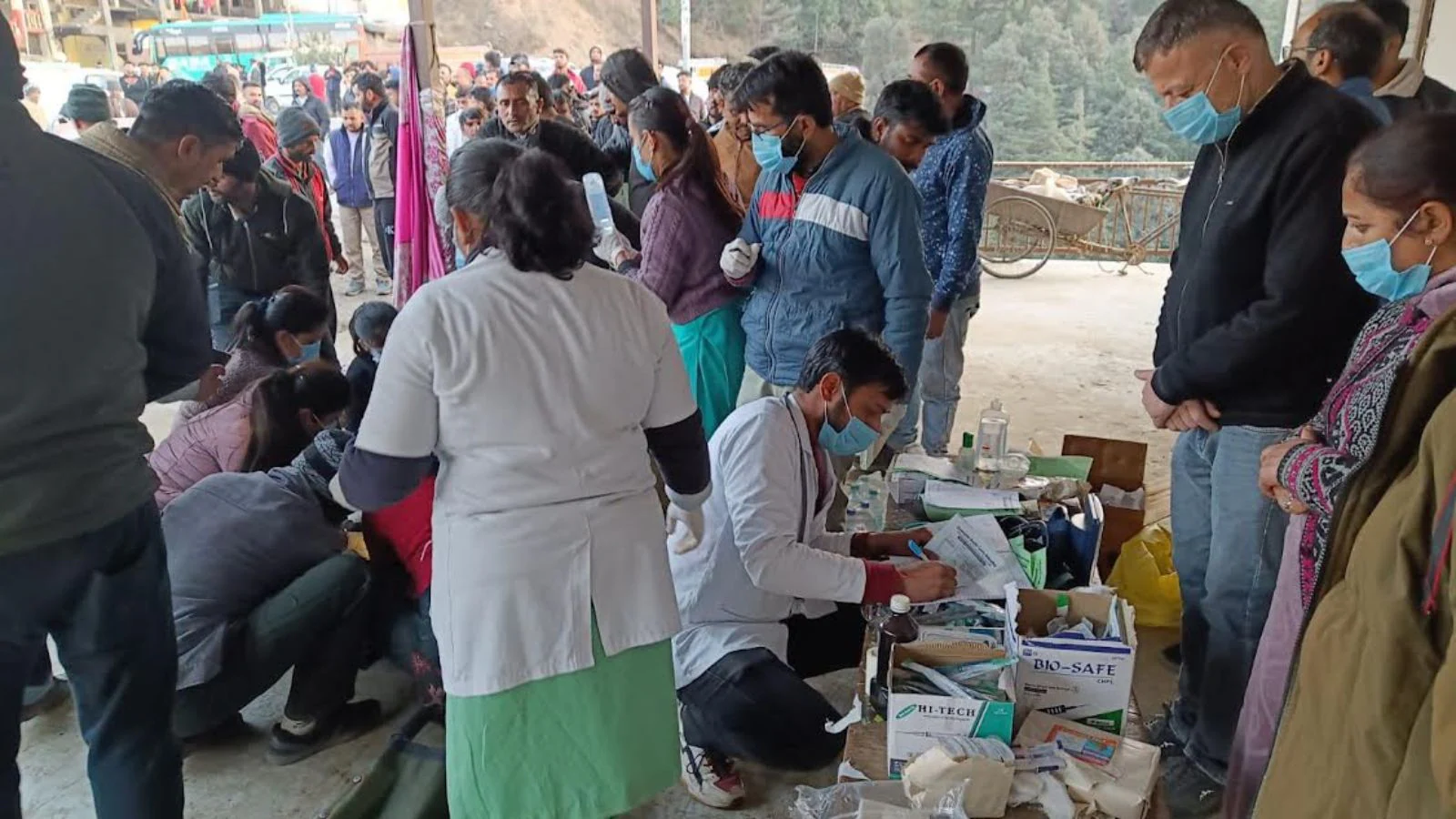Listen To This Post
As he assumes charge of Haryana Police at a time of political sensitivity and institutional scrutiny, observers say Singh’s blend of administrative rigour, communication skills, and people-first philosophy could shape a new chapter in the state’s policing narrative.
Chandigarh: The Haryana government on Tuesday appointed 1992-batch IPS officer O. P. Singh as the state’s new Director General of Police (DGP) with additional charge, after sending incumbent DGP Shatrujeet Kapur on leave amid mounting political pressure following the alleged suicide of IPS officer Y. Puran Kumar.
An official order issued on Tuesday morning stated that Singh, a Haryana-cadre IPS officer of DGP rank, will hold the additional charge of DGP Haryana during the leave period of Shatrujeet Kapur. Singh is currently serving as Director General, Haryana State Narcotics Control Bureau; Managing Director, Haryana Police Housing Corporation, Panchkula; and Director, Forensic Science Laboratory, Madhuban.
A Multifaceted Officer with a Modern Vision
Known within police circles as a thinking officer and a reformer by instinct, O. P. Singh combines administrative acumen with intellectual depth. Beyond his decorated police career, Singh is an author, columnist, and podcaster, using multiple platforms to deepen public engagement on governance, law enforcement, and social change.
In over three decades of service, he has served as Superintendent of Police in several districts, as Commissioner of Police, Faridabad, and as Inspector General of Hisar and Rewari Ranges. Singh is widely credited with steering critical initiatives in law enforcement modernisation, community resilience, and capacity building across the state.
Driving Haryana’s Sports and Youth Mobilisation Model
Singh’s reformist streak has not been confined to policing. He conceptualised the Participation, Inclusion and Excellence (PIE) model of sports promotion, aimed at drawing young people towards constructive community participation. Under his ‘Play for India’ campaign, the Sports Scholarship Programme attracted thousands of children to playgrounds, while also involving parents and teachers—turning sports into a medium of dignity and social inclusion.
He also pioneered mass district marathons and ‘Raahgiri’ events that brought together citizens and officials—traditionally seen as distant from one another—into open, recreational spaces, fostering civic trust and mutual respect. “Each was a designed crowd that channelled energy into constructive outcomes,” Singh wrote recently, emphasising his philosophy of participatory governance.
A Strong Anti-Narcotics Crusader
As head of the Haryana State Narcotics Control Bureau, Singh led a strategic offensive against drug trafficking in the state. He launched a dynamic database of repeat offenders—tracking hundreds of high-profile drug smugglers with multiple NDPS cases—and directed field units for targeted enforcement.
He also strengthened the use of human and tech-driven intelligence in narcotics operations, making Haryana’s anti-drug response more agile and intelligence-led.
His public communication strategy took an unconventional turn when the Bureau produced ‘Ram Gurukul Gaman’, a musical drama in 2023 that sought to ‘reinvent communication’ with youth through cultural storytelling rather than fear-based messaging.
In 2024, Singh personally launched a podcast series that brings citizens closer to the frontline of the state’s battle against drugs. The podcast features real-life accounts from field officers, highlighting the human and ethical dimensions of drug enforcement. “It aims to offer unfiltered insights into how the police are combating substance abuse and protecting communities,” he said during its launch.
Scholar, Author, and Thought Leader
Singh has already authored three books, with another three titles in the pipeline. His upcoming work, “Crowd Engineering: From Control to the New Science of Collective Behaviour,” argues for a paradigm shift in public order management—from “crowd control” to “crowd engineering.”
In this forthcoming book, Singh suggests that governments should not view crowds merely as potential threats to order but as expressions of collective energy that can be designed and guided towards social trust and civic legitimacy.
“Suppression disperses a crowd for an hour. Design builds legitimacy for years,” Singh remarked recently, encapsulating the philosophy behind his approach. The book proposes that ‘crowd engineering’ be developed as an independent field of study bridging sociology, psychology, and governance.
Decorated Career and Public Service Ethos
For his distinguished record, O. P. Singh has been conferred both the President’s Police Medal for Meritorious Service (2008) and the President’s Police Medal for Distinguished Service (2017). Colleagues describe him as a leader who brings intellectual curiosity and moral purpose to the uniform. His initiatives—spanning from policing reforms to public engagement—reflect a consistent effort to bridge the gap between authority and society.





